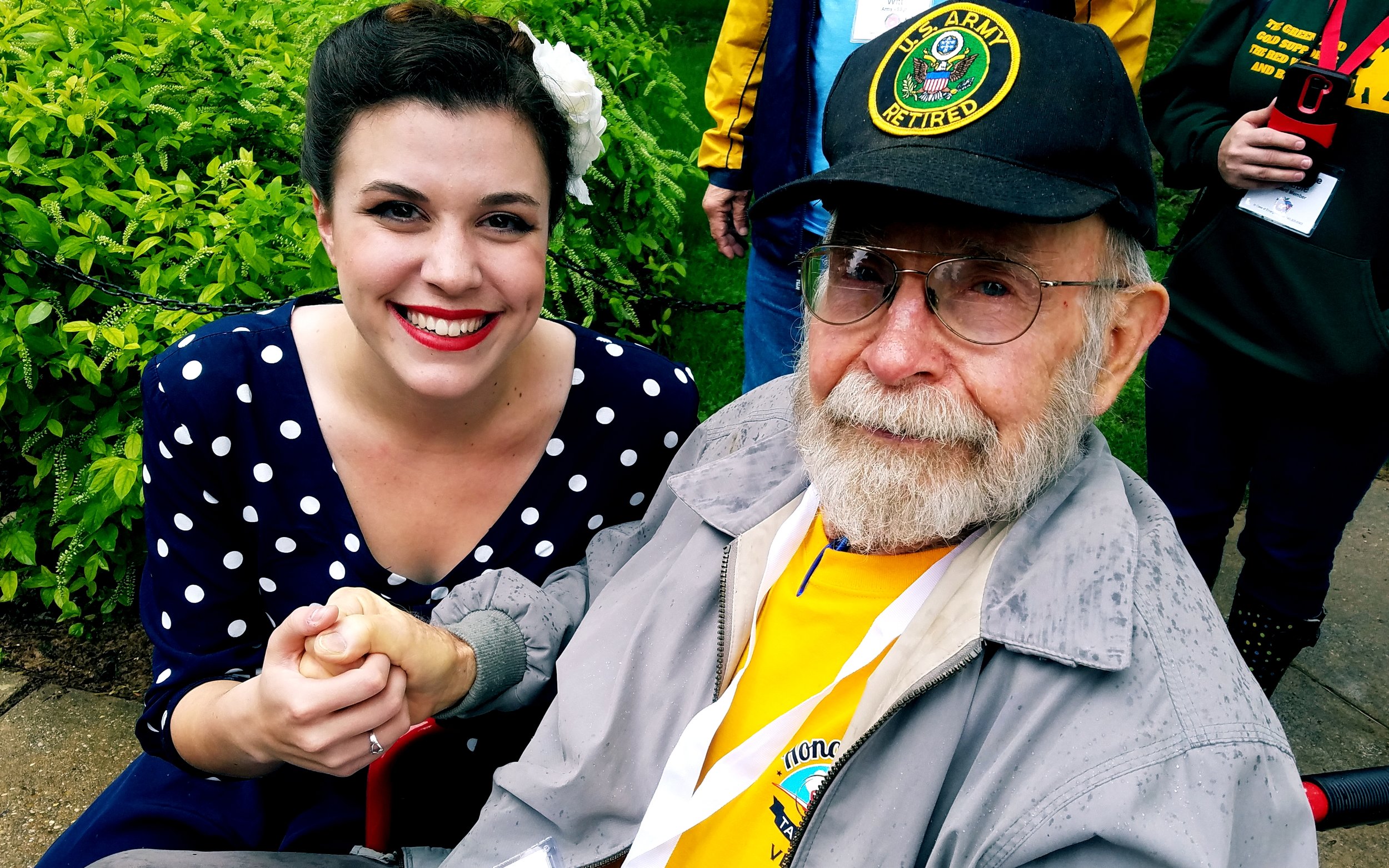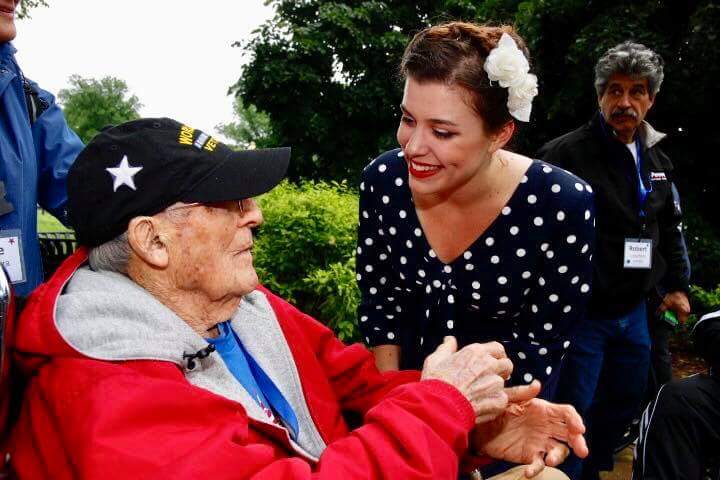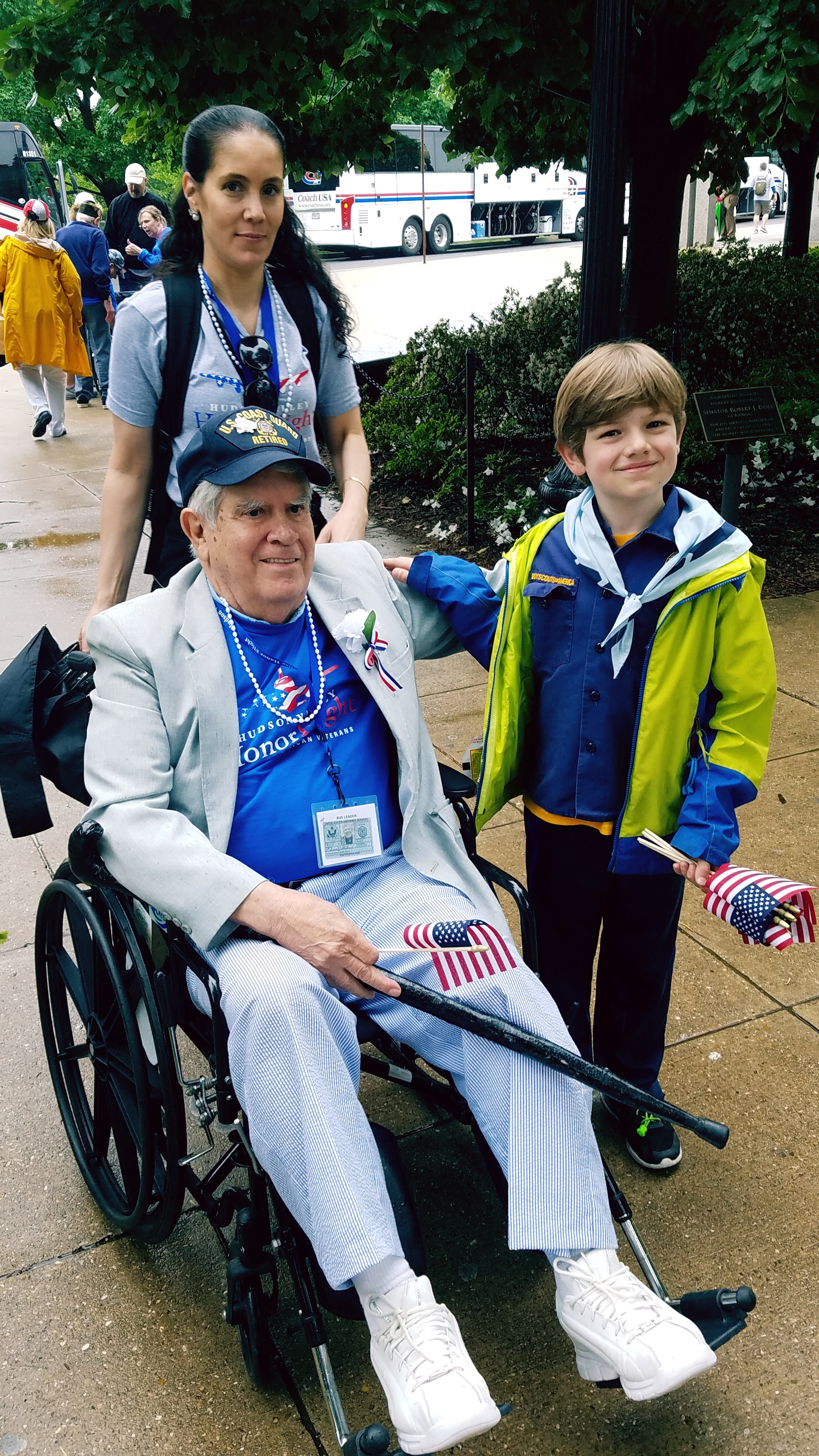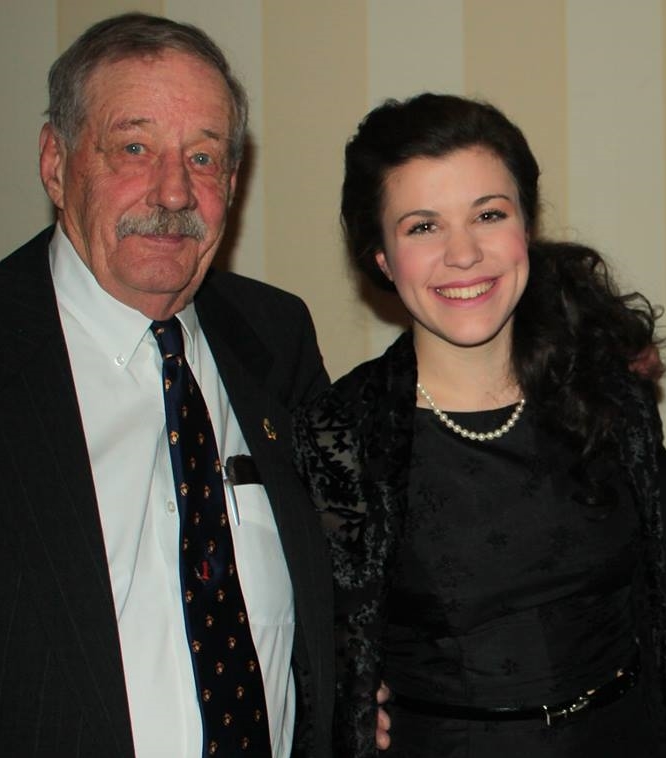A Chosin Marine
/I’m always on the lookout for Chosin Reservoir vets. One of my very best friends was a Chosin Marine, so they hold a special place in my heart.
I met Ken yesterday at the Marine Corps Museum in Quantico. I had noticed his cap while going through the “Cold Room,” and was pretty sure he was “one of the few.”
If you aren’t familiar with the museum, the cold room (I don’t know if that’s it’s name, but that is what I know it by) is in the Korean War exhibit and is literally like walking into a refrigerator. There are wax figures depicting the Marines surrounded at Chosin, and audio to give you the experience of being there. The detail is incredible down to the tootsie roll wrappers under one of the GI’s shoes (that’s a story for another time). Did I mention it’s cold?
I asked Ken what he thought about it. He said going through there was emotional, but worth the whole trip up from Florida.
“I lost a lot of guys”
Ken told me that he’d joined the Marine Corps in 1948, fresh out of high school. He had hoped to be a Marine Aviator, since he had earned his pilots license at 16. But by the time the Marine Corps finished up with him at Paris Island, the Korean War had broken out and he was shipped overseas.
“I was a squad leader... and I lost a lot of guys. When they started sending replacements over, I would tell them to only give me their first name. I didn’t want to know their last name. I didn’t want to be friends with them. Because I knew they weren’t going to last long... And a lot of the replacements were killed a day or two after arriving.”
"Marines sit covered with ice and snow in this handout photograph taken at the Battle of Chosin Reservoir in North Korea in December of 1950.” - Frank Kerr/US Marine Corps/AP
It’s been a long life since Chosin… Ken is now 90. But the memories are still really fresh for him, as with so many other veterans of the Korean War. I asked him what he thought about the fact that a lot of people skip over it. It’s something that he feels very personally.
“When they talk about wars, they say World War I, World War II, and the Vietnam war. They just forget there’s a Korean war.”
But thankfully Ken knows he’s not forgotten. Twice he’s been over to his old battlefields with the Korea Revisit Programs and the gratitude he felt and received from the people of South Korea brought tears to his eyes.
Exploded like a mortar
This last story I’ll leave you with is a humorous one. As said before, the temperatures at Chosin were unbelievably cold, down to -40° temperatures. This meant the food was in a constant state of being frozen.
Once in a while, Ken told me that he would procure a little lighter or kerosene tin to heat up his canned goods... he would cut the lid off his can, and then put the heat underneath it. When the heat came through, the food inside would explode from the can “like a mortar” - and he would have to go running after to catch it.
I’m so grateful for the short meeting with this sweet man. I really recommend y’all take a few minutes to look up the Chosin Reservoir and study the Korean War a little bit in case you ever run across one of these dear veterans. It’s 100% worth it.
Korean War Book Reccomendations

























